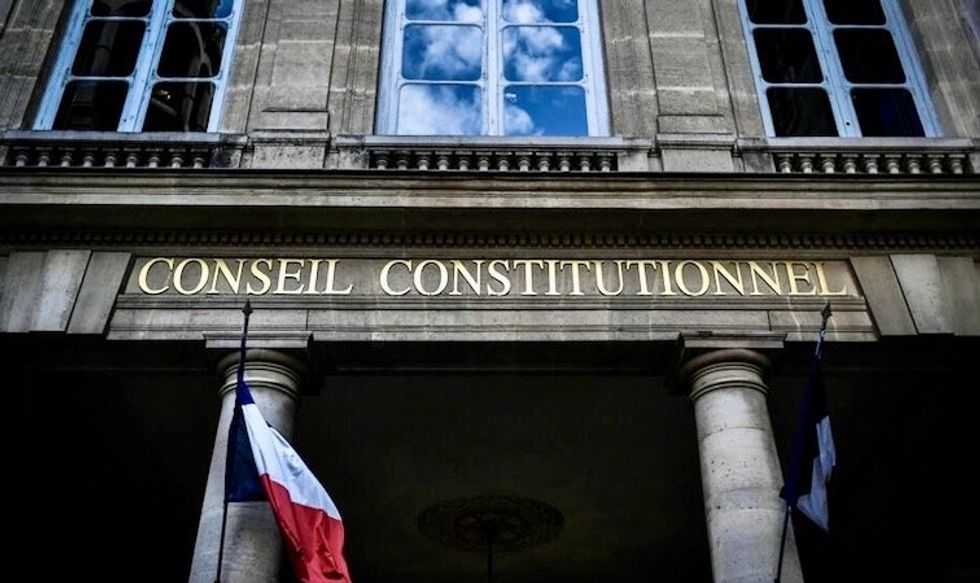France’s Immigration Bill Faces Setback as Constitutional Council Rejects Key Articles
Introduction
France’s highest constitutional authority on Thursday rejected more than a third of the articles in a contentious immigration bill adopted under pressure from the right and far right. The Constitutional Council ruling notably rejected measures in the bill toughening access to social benefits and family reunification, as well as the introduction of immigration quotas set by parliament. Despite upholding much of the bill initially presented by President Emmanuel Macron’s government, the council’s decision has significant implications for the country’s immigration policies.
Implications of the Ruling
The rejection of key articles in the immigration bill represents a setback for the French government’s efforts to tighten immigration regulations. The measures that were struck down would have made it more difficult for immigrants to access social benefits and reunite with family members in France. Additionally, the introduction of immigration quotas set by parliament was deemed unconstitutional by the Constitutional Council.
The ruling highlights the ongoing debate in France over immigration policy, with the government facing pressure from both the right and far right to implement stricter rules. While President Macron’s administration had sought to strike a balance between upholding humanitarian values and addressing concerns about immigration, the rejection of key articles in the bill may complicate efforts to find a consensus on the issue.
Impact on Individuals in France
For individuals in France, particularly immigrants and their families, the rejection of the immigration bill’s provisions could have a significant impact on their lives. The stricter access to social benefits and family reunification measures would have made it more challenging for immigrants to establish themselves in the country and maintain ties with their loved ones.
With the Constitutional Council’s decision, immigrants may continue to face uncertainty and challenges in navigating France’s immigration system. The ruling also underscores the complex and divisive nature of immigration policy in the country, with different political factions pushing for competing priorities.
Global Implications
Beyond its effects within France, the rejection of key articles in the immigration bill by the Constitutional Council could have broader implications for immigration policies worldwide. The decision reflects the ongoing tensions and debates surrounding immigration in many countries, as governments grapple with how to balance humanitarian concerns with domestic political pressures.
The ruling may serve as a cautionary tale for other nations considering similar measures to tighten immigration regulations. It highlights the legal and constitutional challenges that can arise when seeking to restrict immigration, and underscores the importance of upholding fundamental rights and principles in the process.
Conclusion
The Constitutional Council’s rejection of key articles in France’s immigration bill has significant implications for the country’s immigration policies and the broader global debate on immigration. While the ruling represents a setback for the government’s efforts to tighten regulations, it also underscores the complexities and challenges inherent in addressing immigration issues in a way that upholds both legal and humanitarian principles.





